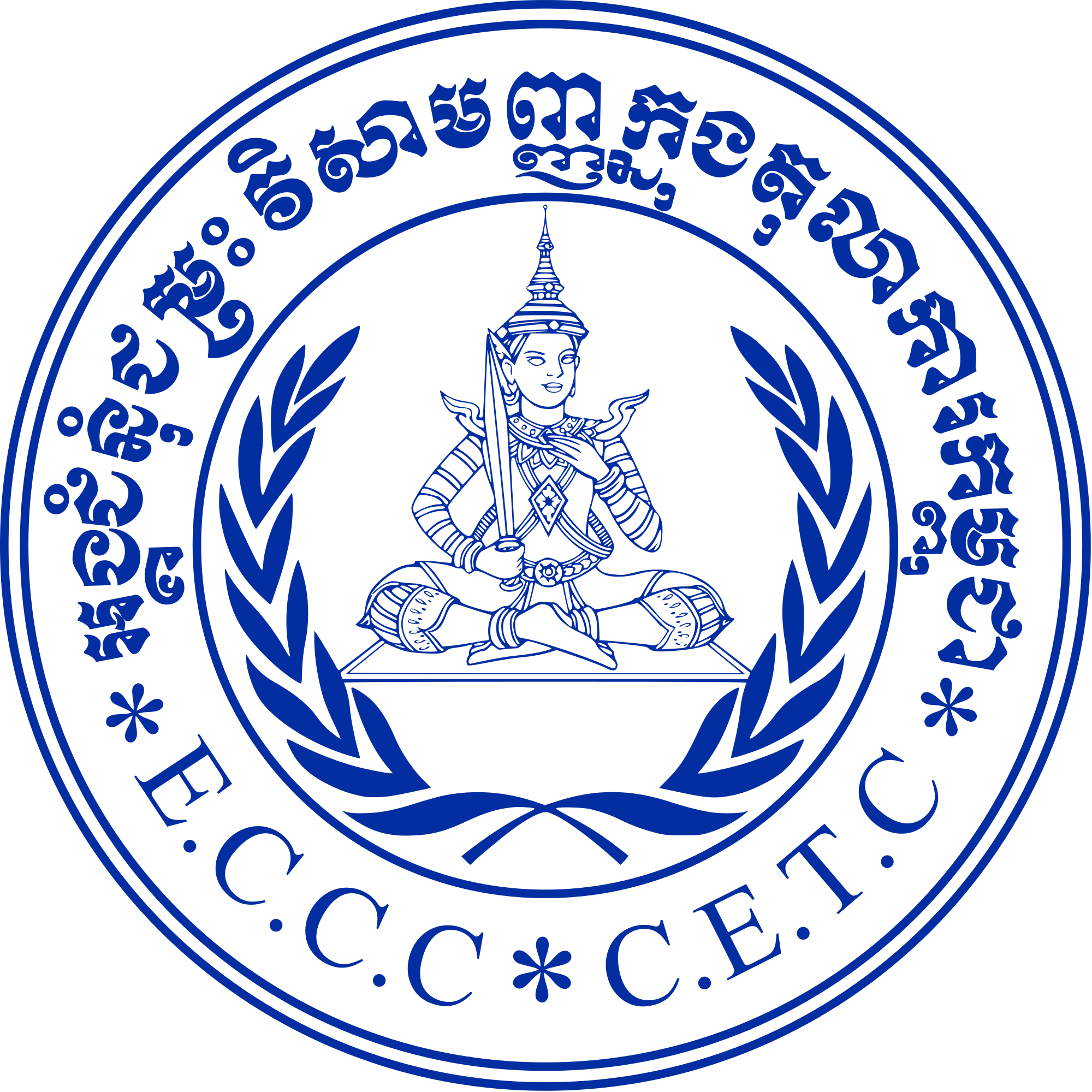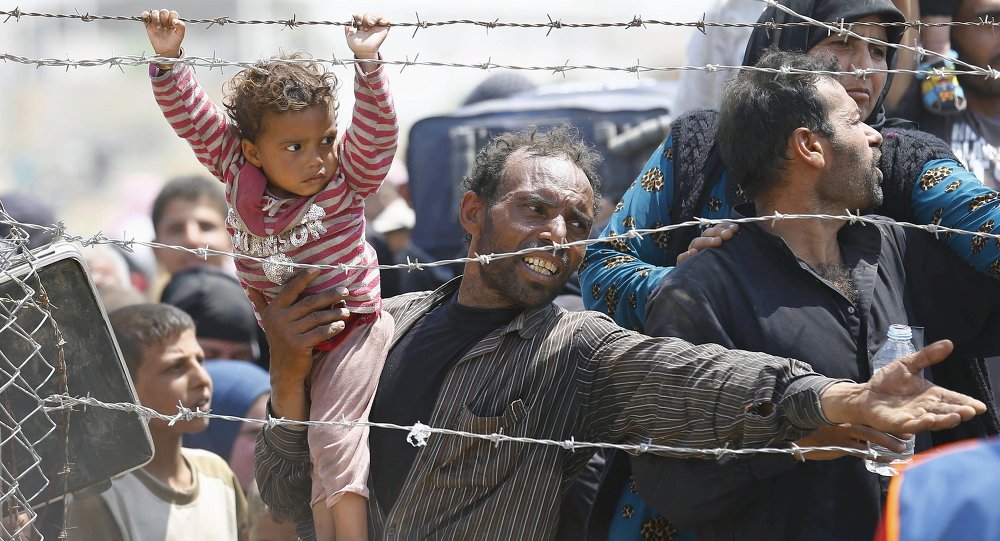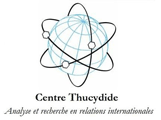Sidebar
EXTRAORDINARY CHAMBERS IN THE COURTS OF CAMBODIA
The Khmer Rouge regime took power on 17 April 1975 and was overthrown on 7 January 1979. Perhaps up to three million people perished during this period of 3 years, 8 months and 20 days. The end of Khmer Rouge period was followed by a civil war. That war finally ended in 1998, when the Khmer Rouge political and military structures were dismantled.
In 1997 the government requested the United Nations (UN) to assist in establishing a trial to prosecute the senior leaders of the Khmer Rouge.
In 2001 the Cambodian National Assembly passed a law to create a court to try serious crimes committed during the Khmer Rouge regime 1975-1979. This court is called the Extraordinary Chambers in the Courts of Cambodia for the Prosecution of Crimes Committed during the Period of Democratic Kampuchea (Extraordinary Chambers or ECCC).
The government of Cambodia insisted that, for the sake of the Cambodian people, the trial must be held in Cambodia using Cambodian staff and judges together with foreign personnel. Cambodia invited international participation due to the weakness of the Cambodian legal system and the international nature of the crimes, and to help in meeting international standards of justice. An agreement with the UN was ultimately reached in June 2003 detailing how the international community will assist and participate in the Extraordinary Chambers.

Noticias
La defensa letrada de Victoire Ingabire Umuhoza, líder pacifista del partido de oposición ruandés, FDU-INKIGI, que se encuentra en prisión en Kigali desde hace más de cinco años, llama la atención del BPI porque se le impide visitar a su defendida y porque fue condenada en el juicio celebrado contra ella en la que no se respetaron los derechos elementales para una defensa conforme a las reglas vigentes en cualquier país democrático.
Cher/es membres,
Vous êtes invités à participer aux 1res journées de la Justice pénale internationale qui se tiendront Jeudi 25 et Vendredi 26 février 2016 à l’Université de Paris II,
Cet événement est organisé par le Centre Thucydide avec le soutien du Pôle international de l’université Paris II (PIUP) et notre Secrétaire Général, M Philippe Currat, a été invité à intervenir.







